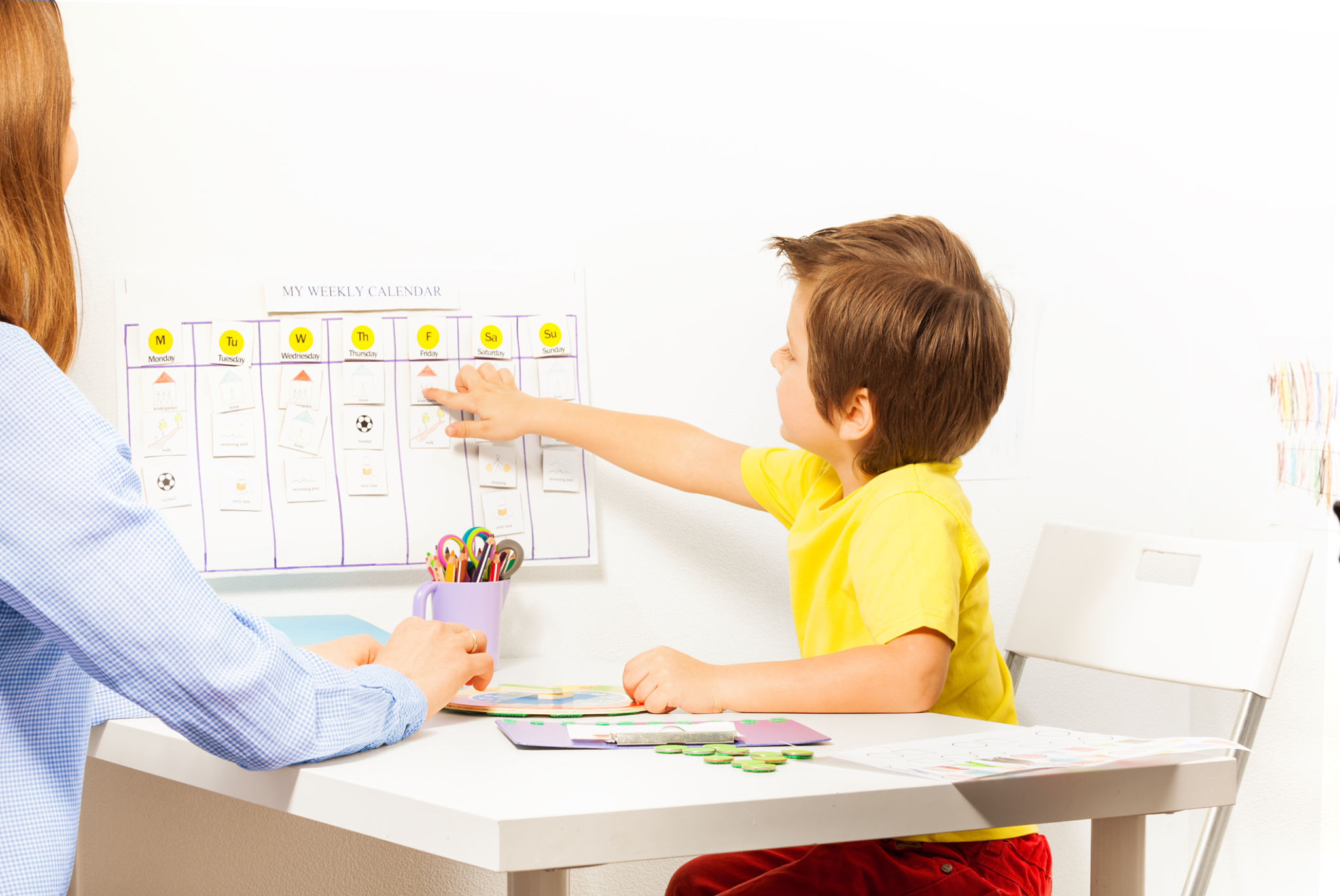How to Prepare Your Home for a New Nanny
Understanding Your Nanny’s Needs
Bringing a new nanny into your home is an exciting transition that can bring about positive changes for your family. To ensure a smooth onboarding process, it's essential to understand your nanny's needs and expectations. Start by discussing their preferred work environment, daily routines, and any specific requirements they may have. This will help you create a conducive atmosphere for them to work comfortably and effectively.
Discuss Schedules and Routines
One of the first things you should establish with your new nanny is the family schedule. Discuss your children’s routines, including meal times, nap schedules, and any extracurricular activities. Make sure these are clearly communicated and consider creating a written schedule for easy reference. This clarity helps in maintaining consistency for your children, which is vital for their well-being.

Organize Your Home
A well-organized home can make a significant difference in how smoothly things run when you have a nanny. Start by organizing areas where the nanny will spend most of their time, such as the kitchen, playroom, and children's bedrooms. Ensure that essential items are easily accessible, including toys, books, and cleaning supplies. This not only saves time but also allows the nanny to focus more on caring for your children.
Designate a Nanny Space
Providing a designated space for the nanny’s belongings is crucial. Whether it's a small corner in the living room or a guest bedroom, having a personal area where they can keep their personal items, take breaks, or plan activities shows respect for their role in your home. Equip this area with necessary amenities like a chair, desk, and charging station to make it welcoming and functional.

Safety First
Your home's safety is paramount when preparing for a new nanny. Conduct a thorough safety check to ensure that all potential hazards are addressed. This includes securing heavy furniture to walls, locking away cleaning supplies and medications, and ensuring that first aid kits are well-stocked and accessible. Make sure the nanny is familiar with emergency procedures and has all necessary contact information.
Childproofing Essentials
If you have younger children, childproofing your home is an essential step. Install safety gates at staircases, cover electrical outlets, and ensure that sharp objects are out of reach. A safe environment not only protects your children but also gives the nanny peace of mind while carrying out their duties.

Communication is Key
Effective communication is the backbone of a successful relationship with your nanny. Establish open lines of communication from the start, encouraging them to share any concerns or suggestions they may have. Regular check-ins can help address any issues promptly and ensure that both parties are satisfied with the arrangement.
Utilize Technology
Consider using technology to facilitate communication, such as shared digital calendars or messaging apps. These tools can help manage schedules efficiently and keep everyone informed about important updates or changes in plans. Being proactive in communication fosters trust and collaboration between you and your nanny.
